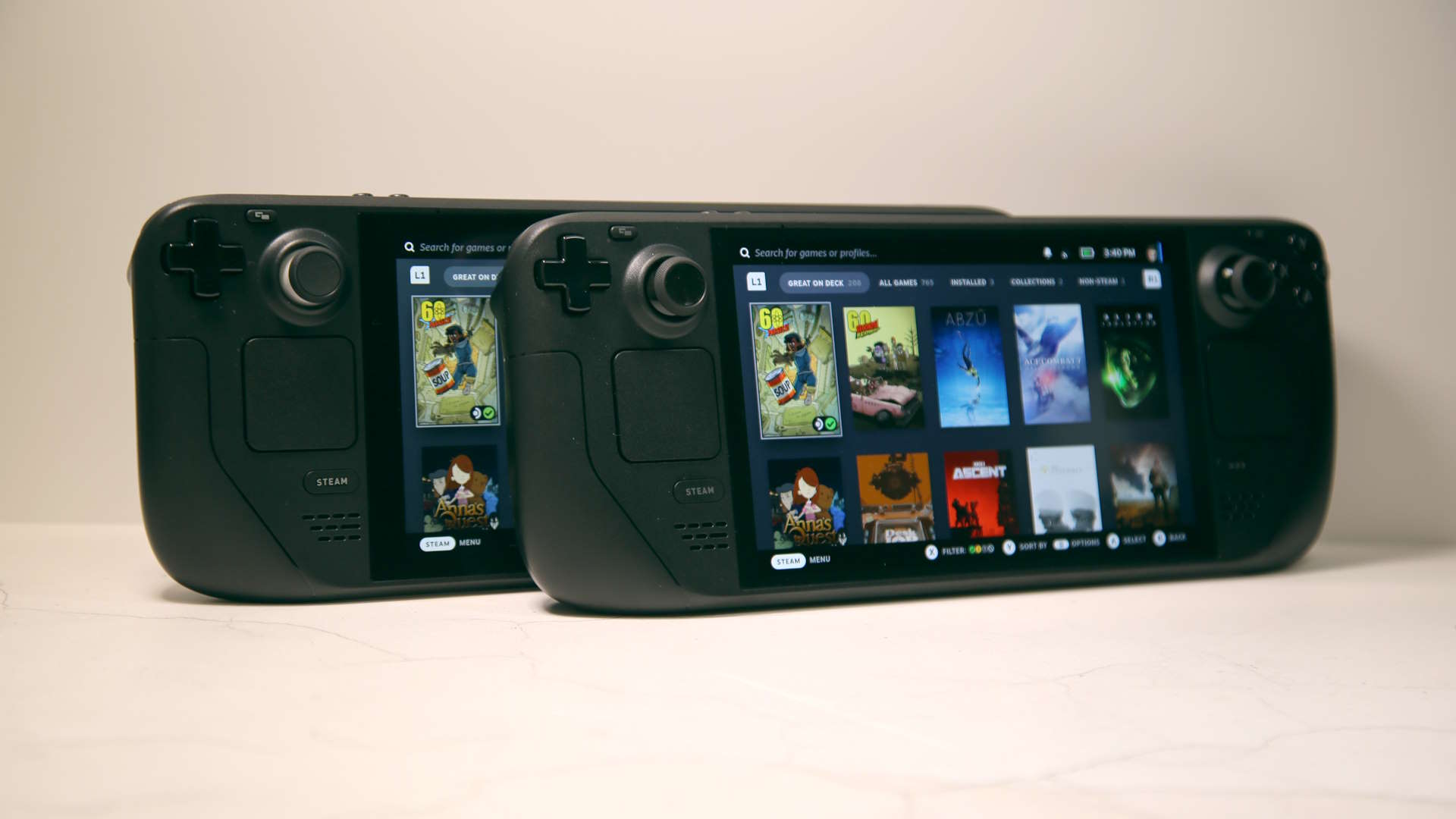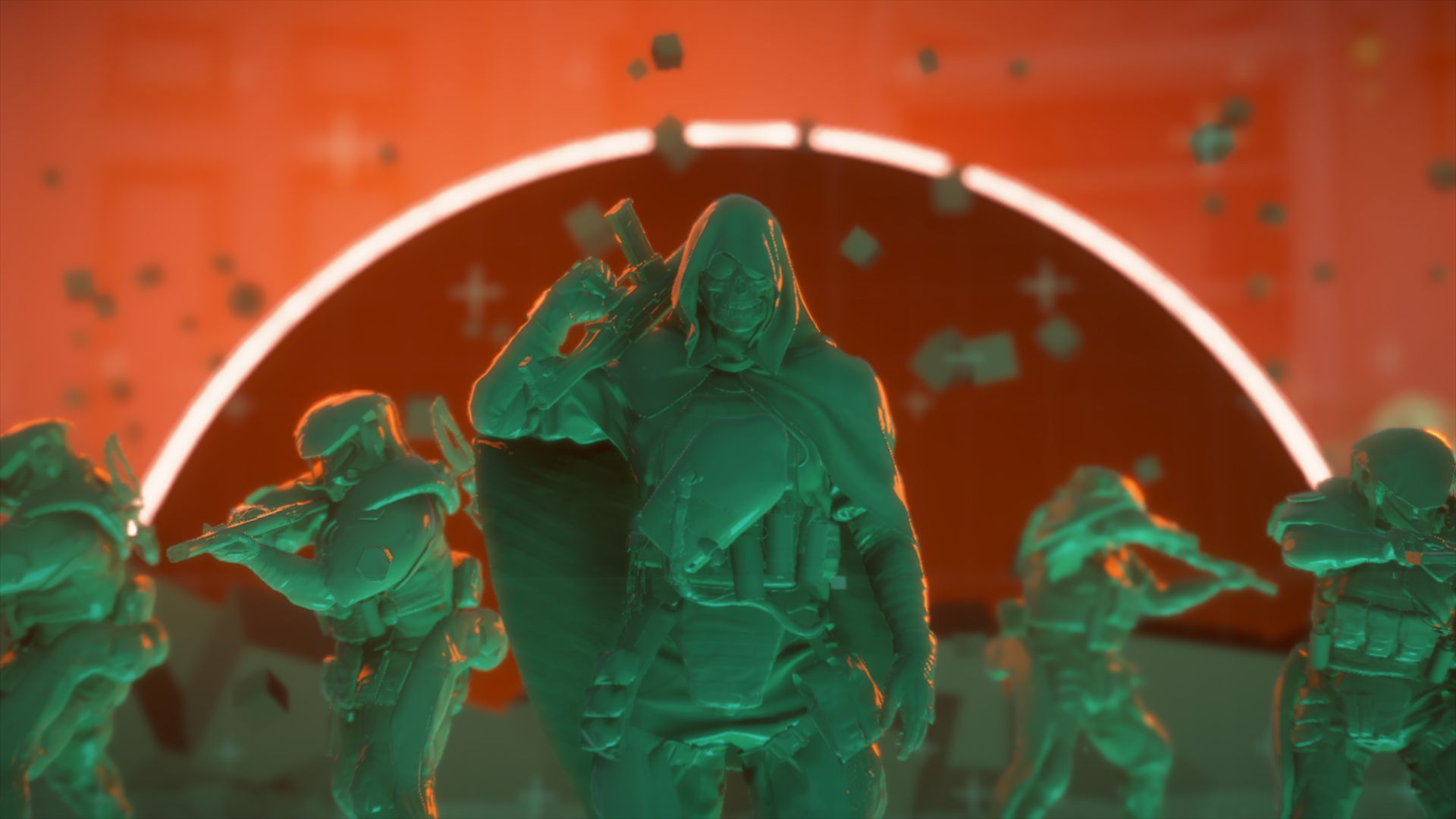
Basically boils down to: "Make me my own Valve."
Everybody wants to be like Gabe, right? That seemingly laid back attitude, that masterful command of his company, that super healthy bank balance, and that body. So, it’s no wonder Russia’s premier, Vladimir Putin, also wants to be like the great man, and so he’s asked the Russian government to look into making him a Valve of his very own.
Following a meeting in late January, where Putin chaired a gathering focused on the socioeconomic development of the Kaliningrad region, the president has now approved a list of nine instructions to follow up on.
One of which involves the creation of an entire digital entertainment platform, which looks a lot like everything Valve has made over the past few years.
The listing was found by our own Joshua, and while the below is a reproduction of a machine translation of the text, he has verified it himself and having a postgrad-level qualification in Russian I feel pretty confident in what it’s saying. The instruction itself is to:
“Consider the issue of organising the production of stationary and portable game consoles and game consoles, as well as the creation of an operating system and a cloud system for delivering games and programs to users.”
So yeah, effectively Steam Machines, Steam Decks, SteamOS, and Steam.
Putin isn’t the only one with grand ideas about making their own handheld, but Phil Spencer at least has his own operating system already. However much it feels like Windows itself is the problem.
The deadline for this consideration is June 15th of this year, and that honestly doesn’t give them a lot of time to come up with anything other than: “Sir, it’s going to be tough. But if we just copy Valve and create a seminal work of PC gaming brilliance first, the rest ought to fall into place.”
Kommersant, a Russian-language newspaper, has investigated how feasible it is itself, and has spoken to industry figures, including the product director at Lesta Games, the company running the World of Tanks clone in the region. They’re thinking basically comes down to the same, stating that creating a whole system from scratch could take 5 – 10 years and still end up some 15 years behind other systems from a technical point of view.
(Image credit: Future)
It will be interesting to see the conclusion the Russian government comes to, but given that this is essentially coming off the back of the starting up of silicon production at the Enkor plant in Chernyakhovsk, Kaliningrad, it all feels part of a push to domesticate the country’s technology sector.
The plant is estimated to be able to produce 200 million silicon wafers annually, primarily to be part of Russia’s push for its own solar cells. But that’s a lot of wafers (though I couldn’t find out at what size) and maybe there’s some consideration about what else it can do with that abundance of silicon.
(Image credit: Future)
Steam Deck OLED review: Our verdict on Valve’s handheld.
Best Steam Deck accessories: Get decked out.
Steam Deck battery life: What’s the real battery life?
Best handheld gaming PC: What’s the best travel buddy?
Unlike Elon, it’s unlikely to be able to put together a whole new silicon foundry to start manufacturing its own chips. Trying to develop the lithography machines, or even just the lenses themselves would be an Herculean feat from a standing start. But China has been working to up its own wafer production, and I’m sure would welcome some extra imports from Russia to help its own chip production. Maybe in exchange for some processors to go inside a new handheld gaming console of its very own?
And what about the software? Well, the Astra Linux distro has been created to replace Windows across Russia, so stick Proton in there and job’s a good un, right? x86 games are there for the taking.
Once you’ve nailed down the “cloud system for delivering games and programs to users” anyways. A lot of folk have tried to create their own versions of Steam over the years, and not a lot have done well out of it.
But Gabe has shown how profitable it can all be, and we all want to be a little bit more like Gabe, eh?


